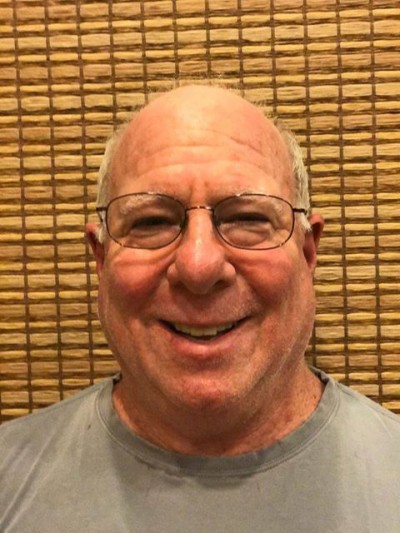Last month, I returned to the place where I grew up, to the lake where swimming had been banned earlier this summer. The cyanotoxins had cleared, so every morning I went for a swim and a kayak ride. This year, I saw and appreciated things on that lake that I hadn’t really seen before.
I guess the first thing I appreciated is that I am still swimming there. And believe me, I don’t for a minute take that one for granted. It is not uncommon that, as we age, our inevitable changes will include physical difficulties, so some level of staying active is both wise and joyful.
I also noticed trees with unique shapes and bark, as well as the loud gaggle of geese that flew by at water level every evening at about 8 p.m.. The otter that let me kayak within three feet of her is most memorable.
Even as we appreciate the beauty of this physical existence, things are not always as they appear. Why else would we continue to use the term “sunrise”? Everyone knows that the sun doesn’t rise, but that it is the earth rotating. Similarly, our apparently solid world is fundamentally composed of vibrations and energy, the stuff of subatomic particles.
The outward appearance of aging can be a misleading hindrance. The declinist view of our aging is that it’s all downhill, that we’re making the best of a bad situation. The truth is that there are always possibilities open to us in our third third of life. We don’t always see them. In the land of postadulthood, life can keep getting better.
One reason we may not see the possibilities is because we often take things for granted. The amazing, raw, uncommonplace beauties of our physical existence become commonplace due to repetition. Also, we don’t see the possibilities because, as we age, our inevitable changes and diminishments usurp our attention.
Yes, our physical changes as we get older can be painful and difficult. They can be more than minor irritants. Wishful thinking causes us to deny or minimize the inevitable. Need I say that most of us do this in regards to death? Especially our own death.
Many of us succumb to the commercial consumer pressures that equate “successful aging” with becoming gray-haired teenagers, judging ourselves using society’s standards of youth. This reinforces our societal mantra that old is bad, young is good. Oh, and besides, how can one succeed or fail at aging? It’s going to happen no matter what we do.
Aging is more than what we see in the mirror. It is a choice made in the heart and mind, not in the body. The question is, how are we going to respond to it, not what are we going to do about it.

Marc Blesoff was a criminal defense attorney for 35 years, then he began facilitating Conscious Aging workshops, which has helped him melt the armor he’d built up as a defense lawyer. He’s a founding member of Courageus (formerly A Tribe Called Aging), a group of activists and thinkers trying to re-frame our culture’s outlook, policies and fears about aging and dying. Currently, he is the chairperson of the Oak Park, IL Aging-In-Place Commission.



